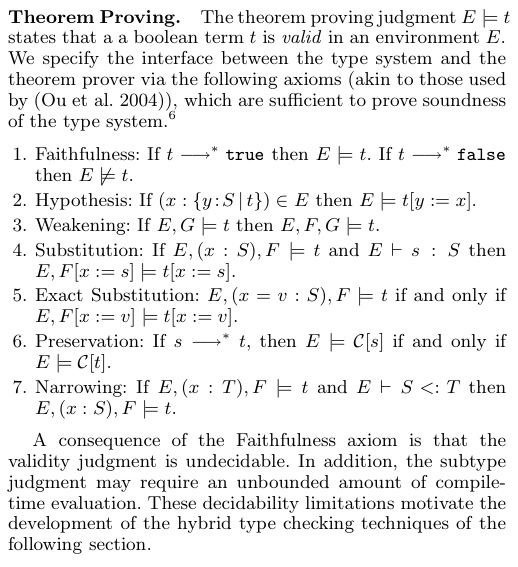Haskell on OS X can be a little frustrating, what with the 32-bit/64-bit divide. I spent a little bit trying to get the latest 32-bit Haskell platform to work with LLVM 3.1, via the existing bindings. There were a few tricks, which I reproduce here for posterity.
First, here’s how I configured LLVM:
./configure --enable-optimized --enable-jit --with-ocaml-libdir=$GODI_PATH/lib/ocaml/std-lib/
make UNIVERSAL=yes UNIVERSAL_ARCH="i386 x86_64"
sudo make UNIVERSAL=yes UNIVERSAL_ARCH="i386 x86_64" install
Then, get clone the Git HEAD of the bindings. The llvm-base package is in the base/ subdirectory, and you need to build it first. If the configure script fails because it can’t find LLVMModuleCreateWithName (even though it’s obviously there in the library), the problem is that LLVM didn’t build with 32-bit bindings. Go back and build LLVM with the UNIVERSAL and UNIVERSAL_ARCH flags. Beyond this, there is a tiny wrinkle. Open up base/cbits/extra.cpp, and go to line 390; change error.Print to error.print. Now you should be able to run cabal install from the base directory; when that’s successful, go up one level and cabal install will give you the LLVM bindings.
I should warn you: something isn’t perfect here. The examples using the JIT didn’t work for me (I get a bus error when I try to call the Haskell-ized, JITed functions), but I was able to generate real code:
module Hello (main) where
import Data.Word
import LLVM.Core
llvmModule :: TFunction (IO Word32)
llvmModule =
withStringNul "Hello, world!" $ \s -> do
puts <- newNamedFunction ExternalLinkage "puts" :: TFunction (Ptr Word8 -> IO Word32)
main <- newNamedFunction ExternalLinkage "main" :: TFunction (IO Word32)
defineFunction main $ do
tmp <- getElementPtr0 s (0::Word32, ())
_ <- call puts tmp
ret (0::Word32)
return main
main :: IO ()
main = do
m <- newNamedModule "hello"
hello <- defineModule m llvmModule
dumpValue hello
writeBitcodeToFile "hello.bc" m
Then you can compile or interpret the bitcode, as usual:
$ ghc -o hello Hello.hs -main-is Hello.main
[1 of 1] Compiling Hello ( Hello.hs, Hello.o )
Linking hello ...
define i32 @main() {
_L1:
%0 = call i32 @puts(i8* getelementptr inbounds ([14 x i8]* @_str1, i32 0, i32 0))
ret i32 0
}
$ ./hello
$ lli hello.bc
Hello, world!
I must admit---it took me some time to grok the LLVM bindings. Typeclass fanciness is just dandy when you're the one who did it, but Haskell's error messages aren't an easy way to figure out how something wants to be used. Then again, they call it the bleeding edge for a reason.
